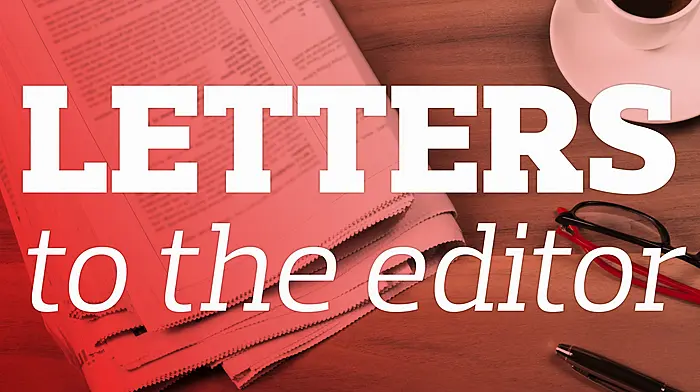Budget 2021, announced on Tuesday, was primarily aimed at buffering our economy against the unpredictable times that lie ahead, with plans to run a sizeable budget deficit of in excess of €20bn next year. This comes in the wake of this year’s predicted €21bn deficit (6% of GDP) and, while it is much less that the doomsday-scenario figure of €30bn estimated earlier in the year, more borrowing is needed, further increasing our national debt. Luckily, with interest rates almost non-existent, the cost of servicing this debt is cheaper at the moment.
Commenting here this time last year, Budget 2020 was dubbed the ‘Brexit Budget,’ as there was €1.2bn – along with some money from the Rainy Day Fund – put aside to cater for the possibility of a no-deal Brexit, which did not come to pass at the start of this year, but may yet do so at the end of 2020 if a favourable trade deal is not agreed between the European Union and the United Kingdom. However, those funds that were put aside – and billions more – were quickly gobbled up when the Covid-19 pandemic hit us in February.
Indeed, this year’s budget could be dubbed the ‘Covid Budget’ as the economic fall-out from the pandemic largely dictated its framing, along with the no-deal Brexit possibility which has not gone away and still threatens our agri-food industry, mainly, along with the already nearly decimated tourism and hospitality sectors which have been hardest hit by the fall-out from the coronavirus. The tourism VAT rate is reduced again from 13.5% to 9% from the start of next month.
Spending allocations have had to be increased to cope with the pandemic, the health budget needing the biggest boost, going up by €4bn from this year to in excess of a record €22bn for 2021. All the while, public health waiting lists have grown longer and there does not seem to be enough allocated to make a significant impact on trying to reduce them.
Similarly, the education budget has shot up to pay for more staff, technology, school transport and equipping schools and colleges to implement social distancing and other necessary measures. Social welfare is another big-spending department, as we went in January from having almost full employment to the current 14.7% unemployment rate (including a worrying 36.5% of under 25s) and Pandemic Unemployment Payments will also be ongoing for next year.
Minimal targeted social welfare increases have been approved, but the majority of basic rates remain the same and the qualifying age for the old age pension remains at 66 for another period. A welcome sum of €3.3bn has been provided to address the deficit in the provision of social housing.
Other departments have had budgetary increases but hardly enough to do anything significantly extra next year with. Hopefully, the relevant departments will be able to continue financially assisting businesses trying to survive the pandemic and keep employees in their jobs well into next year, but there obviously is not a bottomless pit of money for this.
The government has been lucky that tax revenues have not dropped as much as had been forecast earlier in the year and the Estimates of Receipts and Expenditure, published last weekend revealed that the tax take this year will be just €2.5bn down on last year, a reduction of only 4%, which is not bad in current circumstances. While income tax receipts are expected to be 6% below last year’s figure, this has been offset by our economic saviour of recent years, corporation tax, which is €2bn ahead of expectations.
There was the inevitable increase in the carbon tax, as will be the case for several years to come as the country aims to become carbon-neutral by 2050. The altering of Vehicle Registration Tax rates to make fossil-fuel vehicles dearer and hybrid and electric vehicles cheaper is worthy in theory, but will further damage the motor industry, which could really have done with an impactful scrappage scheme to encourage more buyers to invest in electric vehicles.
Overall, Budget 2021 – the biggest ever – seems a decent enough one and, hopefully, Minister for Finance Paschal Donohue and Minister for Public Expenditure Michael McGrath have got their figures right on their first joint outing in this regard. The begrudgers will always argue that it’s not enough, but the national debt cannot keep rising indefinitely.
This time last year, Covid-19 had not even entered the lexicon, but it has since turned our economy on its head. The pandemic is going to impact on it for another year at least, following which it will be payback time for several years to come.
Meanwhile, we could do with a financial boost, such as a tariff-free EU-UK trade deal, but unfortunately that is out of our hands. All we can do for now is to try to control the things that are within our power to do so.








